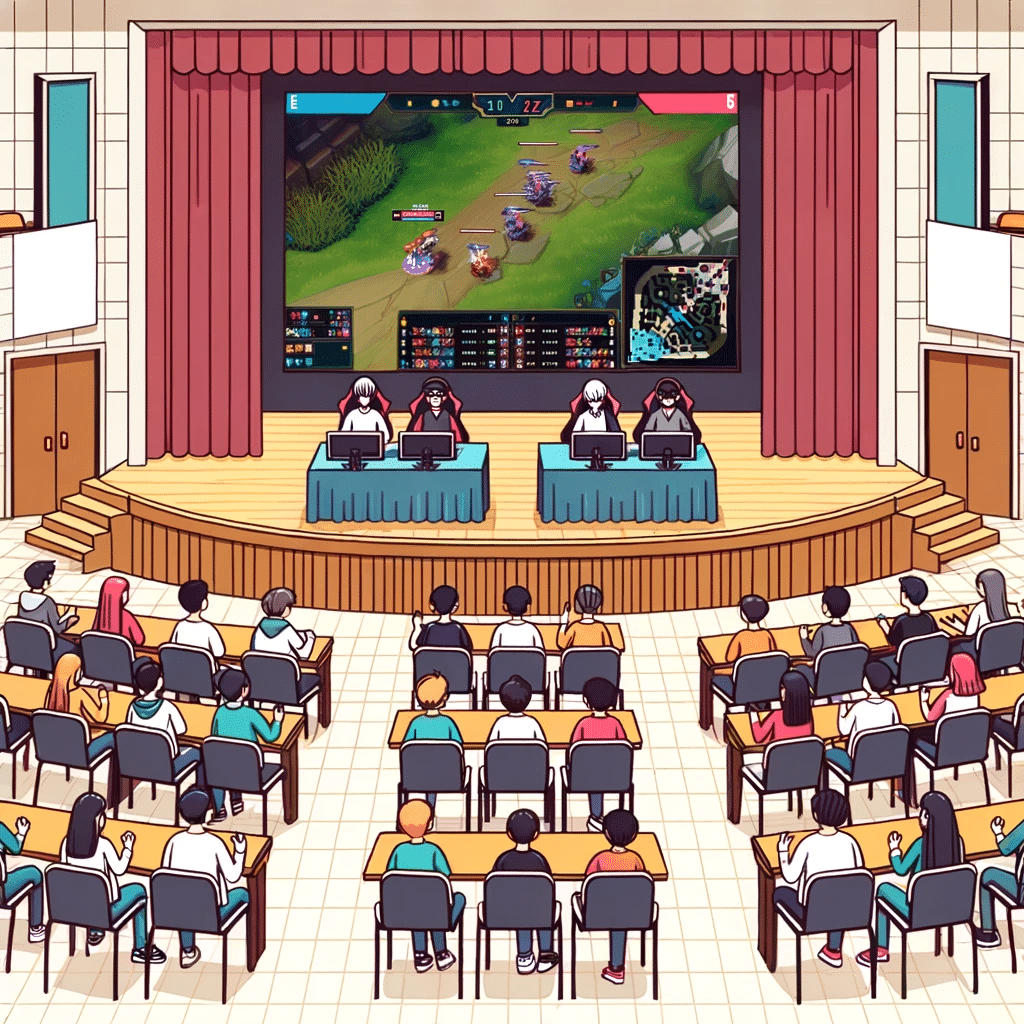Today I’ll change things up. I’m going to write about after school esports programs rather than my usual business of esports stuff. I’ll talk about potential programs, their benefits, some negatives, what to look out for and and whether it’s a good fit or not if you’re trying to enroll your child into an after school esports program. If you’re wondering who I am, what I’ve done in the space, please check out my accomplishments in esports.
Why enroll your child into an esports program?
There’s numerous reasons why you may or may not be interested in enrolling your child into an after school program for esports. Some programs could offer a scholarship, offer prize money or hardware (with legal guardian approval). It also could be your child is bored at home due to covid or they’re looking to do something they enjoy. Or perhaps you’re trying to keep them occupied during these incredibly tough times.
The challenge is, how do you tell if it’s a good program or not? I can offer my insights on what I believe a parent should look out for along with some insights and personal experiences.
Benefits
Some benefits of including your child into an esports program
- Give them something to do after school
- Well structured programs will teach them team building and other critical thinking skills
- Positive impact on youth. Keeping them out of trouble
- Relatively lower cost compared to traditional sports. They shouldn’t cost too much compared to a traditional sports program + all the equipment associated with it
- Easier setup (can do it online or in person). The majority of the work will be on the person coordinating the events and not your child
- Esports competitions can also teach them other skills other than gaming. Some students or children may be more drawn to the backend side of things. Here’s a list of roles in esports that a child can learn about but also have a career plan in other industries if things don’t work out on the pro player side of things.
Negatives
- Esports programs are still very new. Collegiate leagues are being built out and high school isn’t there yet. It’s an emerging market so the organization aspect may not be there yet
- There is still a negative stigma attached to gaming and esports. Check out this article featuring Clinton Sparks and Hip Hop as he draws parallels with Hip Hop and gaming. Great read!
- There’s a ton of instability career wise in esports. Gaming less so as it’s a much more mature industry. Don’t put all your eggs into the pro player route unless your child is exceptional
- No one can promise your child anything. Becoming a pro isn’t a clear path and having a career in esports is still early stages. Be pragmatic and realistic
What to look out for
Some questions to ask yourself before enrolling in a program. You can also just feel free to leave a comment or ask me directly.
- What is their track record in esports / the industry?
- Do they have a track record at all?
- Do they have a track record of missed payments and drama?
- Do they have the right people at the table for your child?
- Do they have a track record for this program? Is it new? Is it long running?
- Is there any sort of structure to the program?
- Is there an association with schools or districts? Do the competitions go together to create something larger?
- If schools are involved, what is their involvement?
- What are the learning outcomes (if any)
- Are there any benefits (including monetary, scholarships etc)
- Are there any sponsors involved? Can you confirm they’re involvement?
- Who is structuring the program? Do they have a background in education or learning or is it just a straight up esports video game playing program.
If you’re interested in an esports program or have questions about one, feel free to leave a comment below or contact me. I’d be happy to answer any questions you might have!

